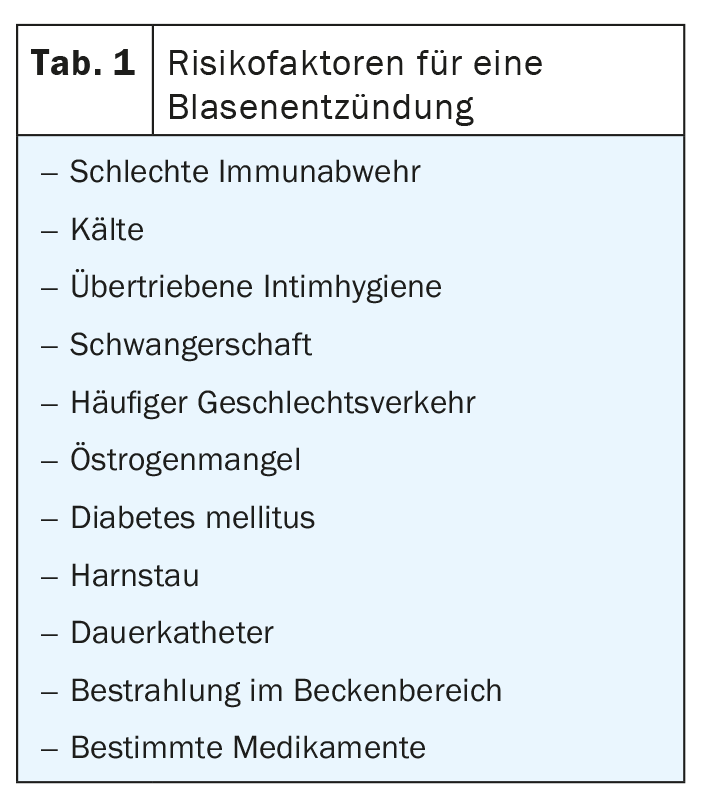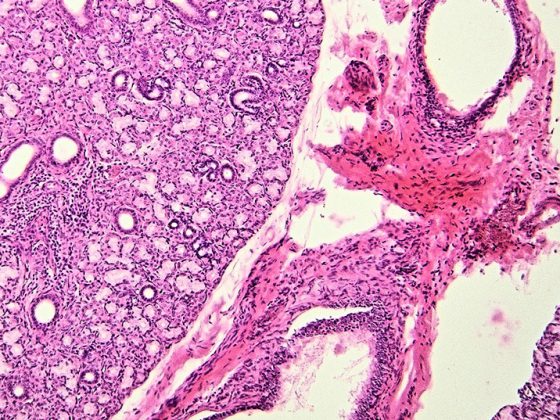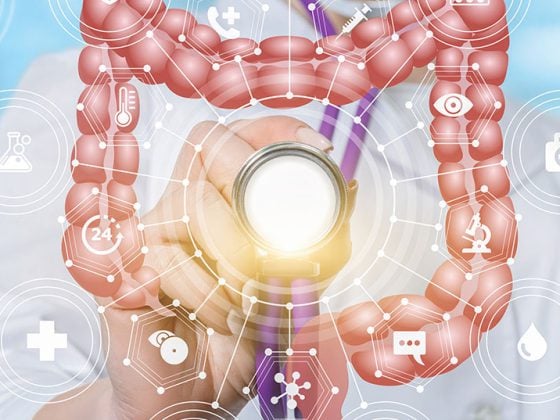Urinary tract infections are among the most common bacterial diseases, even in childhood. It is estimated that more than one in two women will suffer from cystitis at least once during their lifetime. For many sufferers, the bacteria are kept in check with the help of antibiotics. But is this procedure really always necessary?
Urinary tract infections are common. Women in particular often suffer from inflammation of the urinary bladder – triggered by Escherichia coli in 80% of cases. In men, cystitis occurs much less frequently due to the much longer urethra. Pain, burning when urinating as well as a frequent urge to urinate considerably limit the quality of life of those affected. If the pathogens enter the urethra, they multiply strongly and rise to the top. This leads to inflammation of the tissue. Normally, this process is prevented by frequent urination and the acidic environment. However, a variety of risk factors can promote the occurrence of urinary tract infections (Table 1).

However, many women suffer from cystitis not only once, but recurrently. Especially at the beginning of the disease, many patients try to treat the symptoms themselves with heat, increased fluid intake, bladder tea or cranberries. In order to shorten the duration of the disease or in case of more severe symptoms, a number of other treatment options are available. Often, an antibiotic is then resorted to. In 2012, 61% of women who saw a doctor for cystitis were prescribed an antibiotic. In the following year, the share even increased by a further 3%. However, especially against the background of increased antibiotic resistance, one must ask whether this approach is always necessary.
Treat uncomplicated cystitis antibiotic-free
Uncomplicated urinary tract infections may be isolated or sporadic or recurrent. Complaints are classified as uncomplicated if there are no relevant functional or anatomic abnormalities in the urinary tract, no relevant renal dysfunction, and no relevant concomitant diseases/differential diagnoses that would suggest urinary tract infection or. promote serious complications. According to guidelines, antibiotic therapy should be used especially in severe cases of acute uncomplicated cystitis. In contrast, in patients with mild or moderate symptoms, symptomatic therapy alone may be considered as an alternative. Primarily, these are patients with uncomplicated cystitis who are otherwise healthy, non-pregnant, and premenopausal.
Effectively block bacteria
Good antibiotic-free treatment includes taking it easy, drinking plenty of fluids, and effective symptom relief. Herbal, germicidal agents, immunostimulants, and antispasmodics can be soothing in this regard. The use of D-mannose has also proven successful. It is also suitable for prophylaxis of recurrent urinary tract infections. Furthermore, if antibiotic use is necessary, add-on administration shows synergistic effects.
D-mannose is a monosaccharide produced naturally in the body that binds to the hairs of bacteria, coating them and thus neutralizing them. The bacteria can then no longer adhere to the bladder mucosa and are flushed out with the urine. Since the natural sugar can be produced in small quantities by the body itself, D-mannose is not a foreign substance and is therefore well tolerated. Furthermore, it is not metabolized, thus does not participate in glucose metabolism, and does not interact with other substances. Due to its good efficacy and safety profile, the active ingredient can also be used during pregnancy or breastfeeding.
Further reading:
- www.awmf.org/uploads/tx_szleitlinien/043-044l_S3_Harnwegsinfektionen_2017-05.pdf (last accessed 11/26/2020)
- www.kbv.de/html/39049.php (last accessed 11/26/2020)
- www.ksw.ch/app/uploads/2020/02/antibiotika-therapie-richtlinie-ksw.pdf (last accessed 11/26/2020)
- https://primary-hospital-care.ch/article/doi/phc-d.2020.10179 (last accessed 11/26/2020)
HAUSARZT PRAXIS 2020; 15(12): 38












